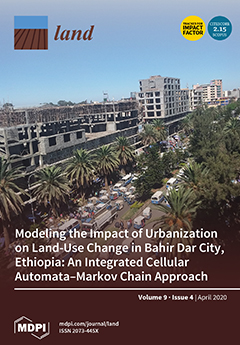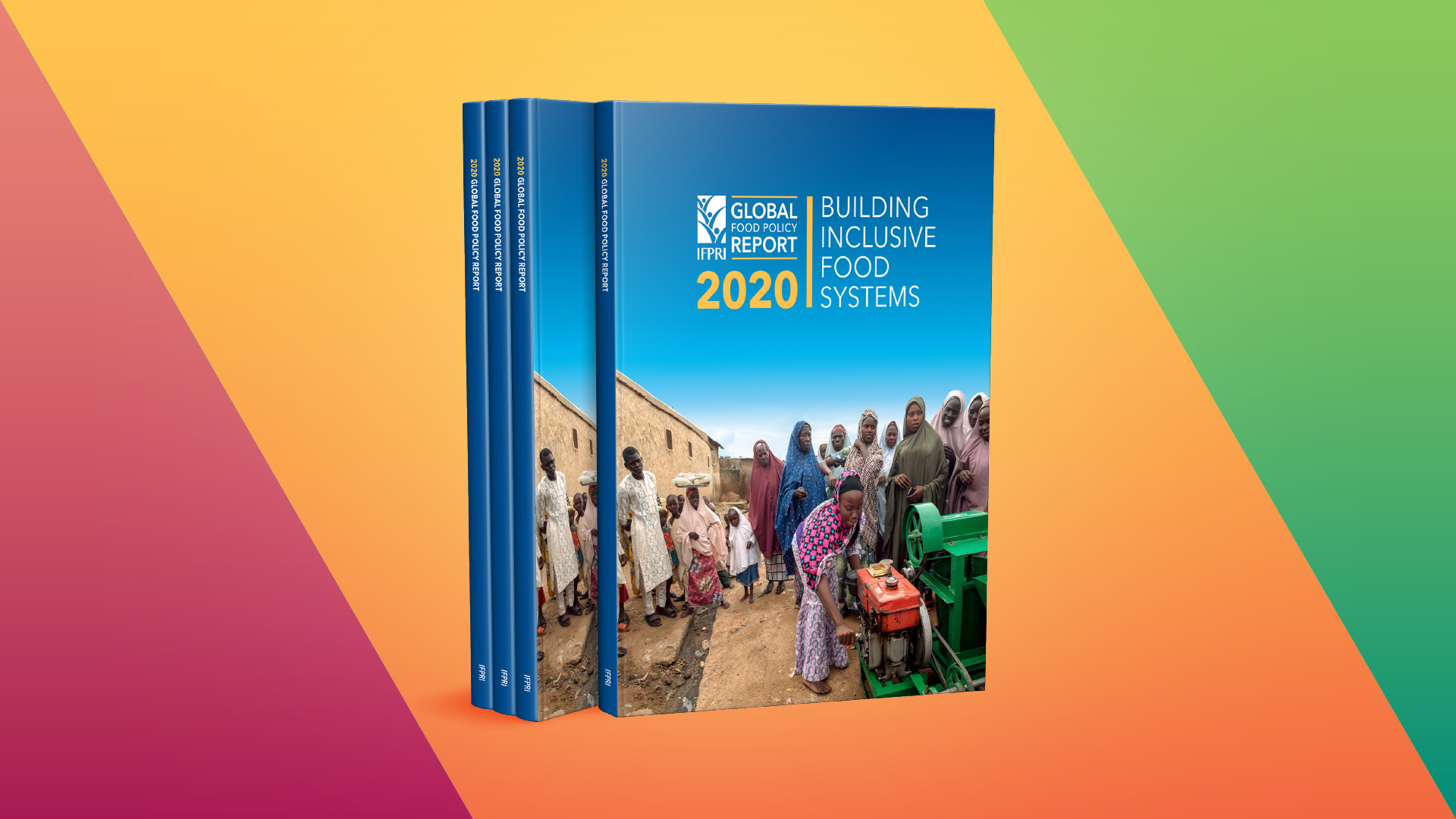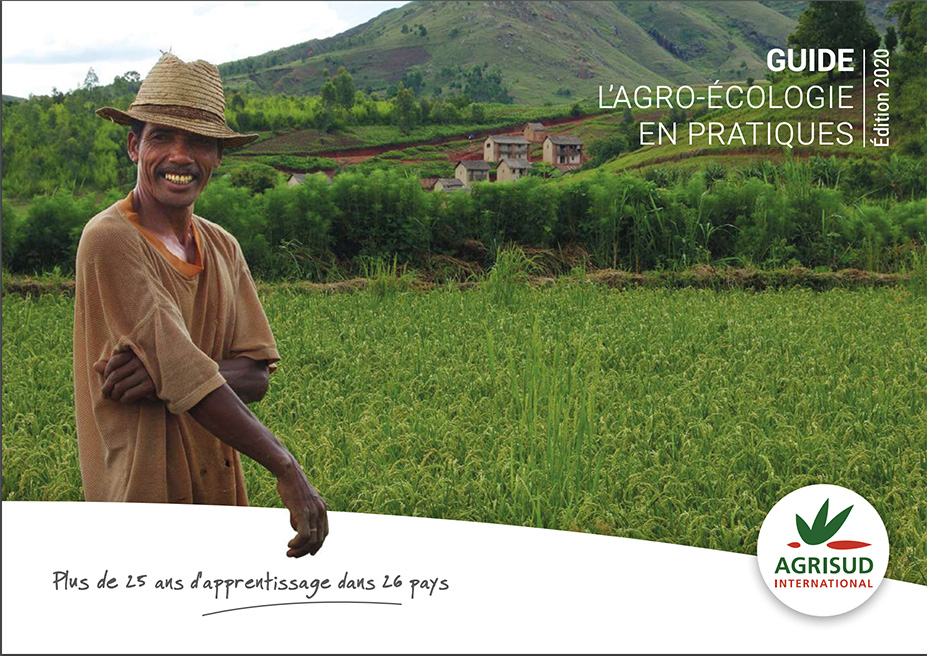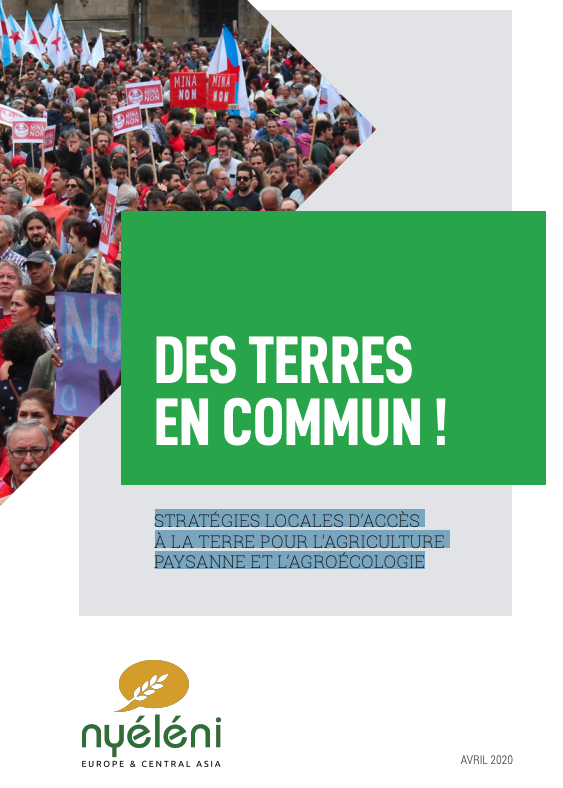Synergies and Determinants of Sustainable Intensification Practices in Pakistani Agriculture
Sustainable intensification practices (SIPs) involve a process to produce high yields for existing land without affecting the environment. The significance and relevance of SIPs in a Pakistani context demands an investigation. Hence, this study takes the initiative to investigate the determinants regarding the adoption of these practices. Based on the evidence, we selected five SIPs, namely, improved seeds, organic manure, crop rotation, intercropping, and low tillage.









